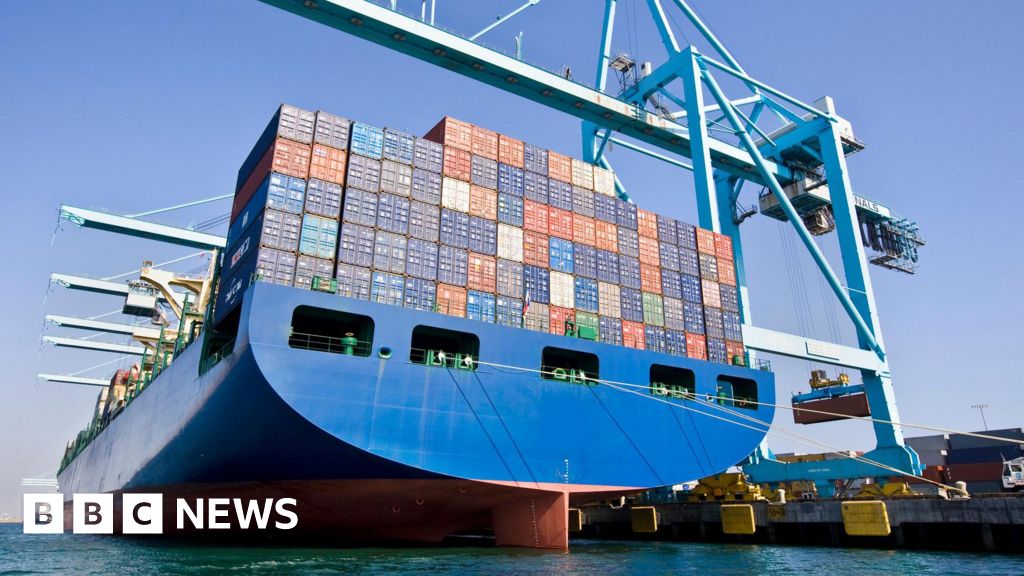ARTICLE AD BOX
The UK has risen in the rankings of a group of wealthy nations predicted to have the joint-second highest economic growth for this year, a think tank has said.
The economy is now expected to grow by 1.1%, the same rate as Canada and France, but behind the US.
The Organisation for Economic Co-operation and Development (OECD) previous growth estimate in May placed the UK last of a group of advanced economies, known as the G7.
Chancellor Rachel Reeves welcomed the faster growth figures, which will help reinforce the more upbeat tone she sought to strike in her speech to the Labour Conference.
She is facing the twin challenge of managing expectations ahead of the Budget next month by explaining how tough times lie ahead, while attempting to paint a positive picture to encourage investment.
"Next month’s Budget will be about fixing the foundations, so we can deliver on the promise of change and rebuild Britain," Reeves said.
The OECD, which is a globally recognised think tank, said that economic growth had been "relatively robust" in many countries, including the UK.
But it added: "Significant risks remain. Persisting geopolitical and trade tensions could increasingly damage investment and raise import prices."
While the OECD's prediction for the UK has improved for this year, it is only set to enjoy joint-fourth fastest growth in 2025, at 1.2%, ahead of only Germany and Italy.
The UK is also still projected to see consumer prices rise at a faster rate than other G7 nations.
It is set to rise by 2.7% this year and 2.4% next year, the OECD forecast.
The OECD's economic estimates, which are released twice yearly, aim to give a guide to what is most likely to happen in the future, but they can be incorrect and do change.
They are used by businesses to help plan investments, and by governments to guide policy decisions.
The OECD has prescribed a "carefully judged" reduction in interest rates and "decisive" action to bring down debt to allow more room for governments to react to any future economic shocks.
Stronger efforts to contain government spending and raise more revenue were key to stabilising debt burdens, it argued.
Many wealthy countries are facing ageing populations, the challenges of climate change, and geopolitical pressure to raise defence spending.
That is all in the wake of the financial crisis 16 years ago and more recently the Covid pandemic, which increased government borrowing and built up higher levels of debt.
However, not all economists agree that bringing debt down should be the policy priority. Some would like to see borrowing rise for a time, which they argue would boost growth and reduce debt over the longer term.

 7 months ago
27
7 months ago
27








 English (US) ·
English (US) ·